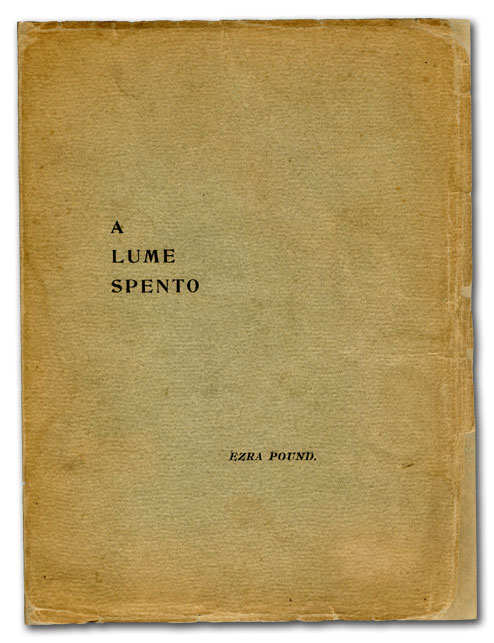|
Bersøglis- Og Andre Viser
''Bersøglis- og andre Viser'' is a poetry collection published by Norwegian poet Per Sivle Per Sivle (6 April 1857 – 6 September 1904) was a Norwegian poet, novelist and newspaper editor. He is known for his novel ''Streik'' from 1891, and for his collections of stories issued between 1887 and 1895, ''Sogor'' (includes the story "Berre ... in 1895. Among its poems are "Vaar-Von", " Vi vil os et Land -" and "Haust". Literary historian Kristian Elster characterized ''Bersøglis- og andre Viser'' as Sivle's most outstanding poetry collection. References 1895 poetry books Poetry collections Norwegian poetry {{poetry-stub ... [...More Info...] [...Related Items...] OR: [Wikipedia] [Google] [Baidu] |
Per Sivle
Per Sivle (6 April 1857 – 6 September 1904) was a Norwegian poet, novelist and newspaper editor. He is known for his novel ''Streik'' from 1891, and for his collections of stories issued between 1887 and 1895, ''Sogor'' (includes the story "Berre ein Hund"), ''Vossa-Stubba'', ''Nye Vossa-stubbar'' and ''Sivle-Stubbar''. Among his poetry collections is '' Bersøglis- og andre Viser'' from 1895. Life and career Per Eriksen Sivle was born in Flåm as the son of farmer and horse trader Eirik Hansson Sivle and Susanna Andersdotter Ryum. He was the only living child of twins of which his mother bore two more sets, both of which died. His parents were not married, and his mother died in 1859, when he was only two years old. During his childhood he frequently moved from place to place, growing up along with different relatives. He attended a folk high school in Sogndal when he was 15 years old. In 1875, he moved to Christiania for studies, planning to become a priest. Because of illness ... [...More Info...] [...Related Items...] OR: [Wikipedia] [Google] [Baidu] |
Vi Vil Oss Et Land
"Vi vil oss et land" (lit. 'We Want Ourselves a Country') is a famous phrase in the context of Norwegian nationalism, derived from a poem by Per Sivle. It has been evoked by many different groups, including during the occupation of Norway by Nazi Germany, when an arrest order was issued on the deceased Sivle. Original use It is taken from a poem by Per Sivle (1857–1904) issued in 1895, ten years before Norway gained its independence. Sivle's poem, titled "Vi vil os et Land -", was published in the poetry collection '' Bersøglis- og andre Viser'' from 1895. It was originally written as the last verse of the occasional poem "Her spirer i Norge", written for a procession in support of universal male suffrage organized by Kristiania Liberal Party in 1894. Later use The phrase has been evoked by several very different groups who have appealed to Norwegian nationalism. It was praised as a "delightful poem of liberty" in the Communist Party of Norway newspaper ''Norges Kommunistblad' ... [...More Info...] [...Related Items...] OR: [Wikipedia] [Google] [Baidu] |
Kristian Elster (born 1881)
Kristian Elster (17 March 1881 – 6 November 1947) was a Norwegian novelist, literary historian, theatre critic, and biographer. Biography Kristian Elster was born in Trondheim, Norway as the son of the author Kristian Elster (1841–1881) and Sanna Fasting (1845–1926). In 1888, he moved with his mother to Oslo. He was educated as a lawyer, and in 1910 he became a secretary in the Ministry of Agriculture. Elster published 40 novels, plays, and narratives. He made his literary début in 1907 with the story collectio''Fortællinger'' His literary breakthrough was the trilogy of novel''I lære''(1911)''Landeveien''(1912) an''Mester''(1913). He wrote the two-volume literary histor''Illustrert norsk litteraturhistorie'' published in 1923–24. In 1941, he was awarded the literature prize Gyldendal's Endowment Gyldendal's Endowment was a literature prize which was awarded in the period 1934–1995 by the Norwegian publisher Gyldendal Norsk Forlag. The prize was awarded to ... [...More Info...] [...Related Items...] OR: [Wikipedia] [Google] [Baidu] |
1895 Poetry Books
Events January–March * January 5 – Dreyfus affair: French officer Alfred Dreyfus is stripped of his army rank, and sentenced to life imprisonment on Devil's Island. * January 12 – The National Trust for Places of Historic Interest or Natural Beauty is founded in England by Octavia Hill, Robert Hunter (National Trust), Robert Hunter and Canon Hardwicke Rawnsley. * January 13 – First Italo-Ethiopian War: Battle of Coatit – Italian forces defeat the Ethiopians. * January 17 – Félix Faure is elected President of the French Republic, after the resignation of Jean Casimir-Perier. * February 9 – Mintonette, later known as volleyball, is created by William G. Morgan at Holyoke, Massachusetts. * February 11 – The lowest ever UK temperature of is recorded at Braemar, in Aberdeenshire (historic), Aberdeenshire. This record is equalled in 1982#January, 1982, and again in 1995#December, 1995. * February 14 – Oscar Wilde's last pla ... [...More Info...] [...Related Items...] OR: [Wikipedia] [Google] [Baidu] |
Poetry Collections
A poetry collection is often a compilation of several poems by one poet to be published in a single volume or chapbook. A collection can include any number of poems, ranging from a few (e.g. the four long poems in T. S. Eliot's ''Four Quartets'') to several hundred poems (as is often seen in collections of haiku). Typically the poems included in single volume of poetry, or a cycle of poems, are linked by their style or thematic material. Most poets publish several volumes of poetry through the course their life while other poets publish one (e.g. Walt Whitman's lifelong expansion of ''Leaves of Grass''). The notion of a "collection" differs in definition from volumes of a poet's " collected poems", " selected poems" or from a poetry anthology. Typically, a volume entitled "Collected Poems" is a compilation by a poet or an editor of a poet's work that is often both published and previously unpublished, drawn over a set span of years of the poet's work, or the entire poet's l ... [...More Info...] [...Related Items...] OR: [Wikipedia] [Google] [Baidu] |


